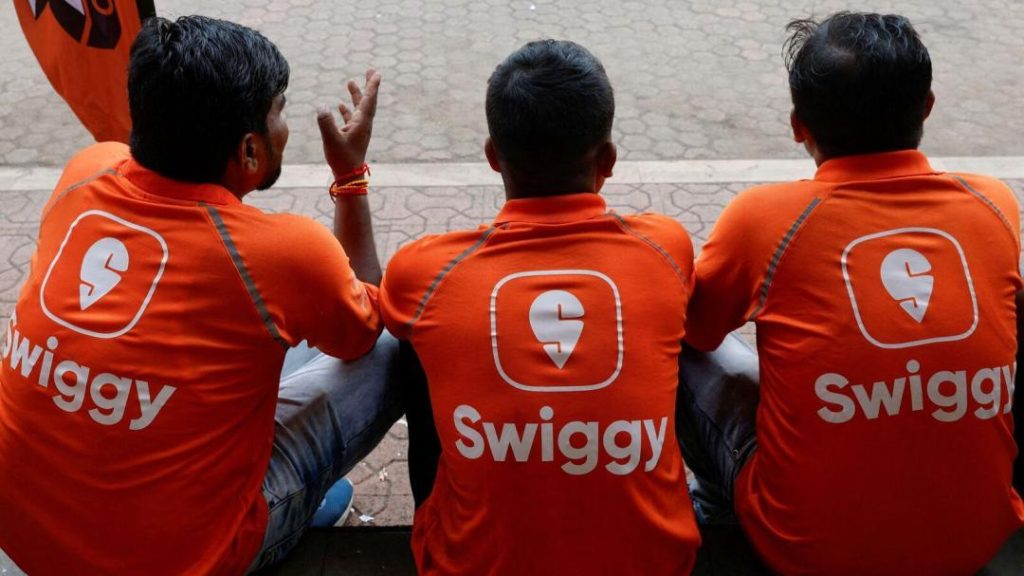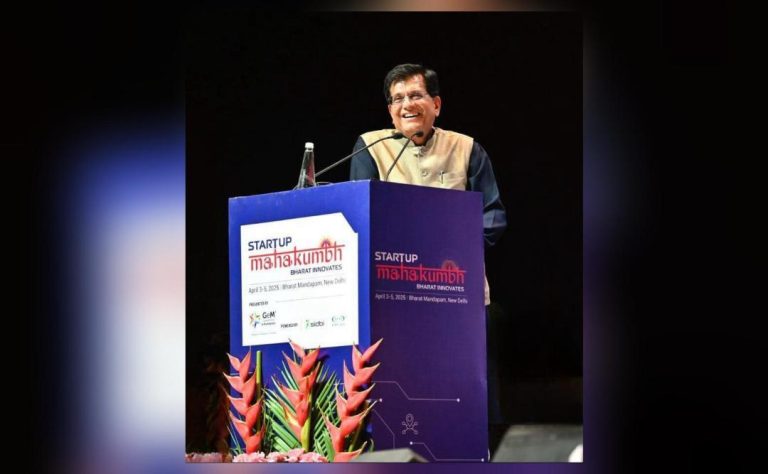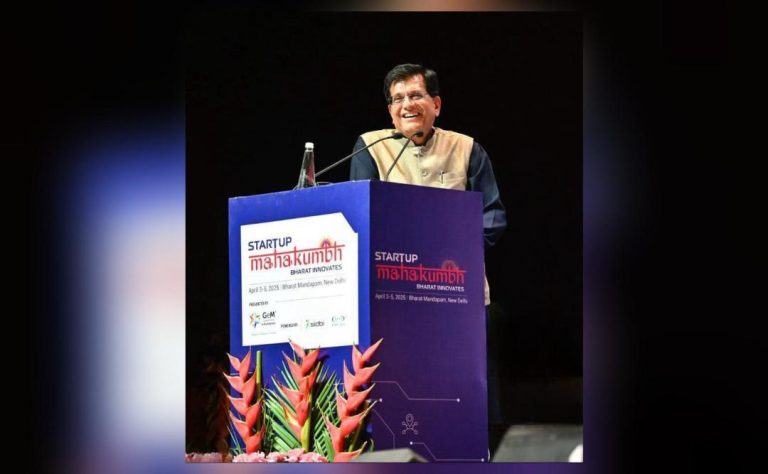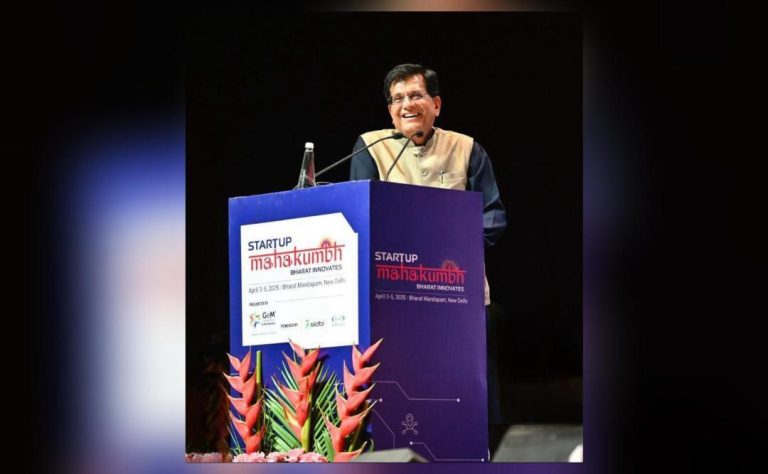
Swiggy Faces ₹158 Crore Tax Demand Over Cancellation Fees
Swiggy, one of India’s largest food delivery companies, is facing a significant tax demand of ₹158 crore for the financial year 2021-22. The amount is related to alleged violations of tax provisions regarding cancellation charges paid to merchants. In response, Swiggy has announced its intention to appeal the demand, claiming that it stems from a misunderstanding of tax provisions.
The tax demand, issued by the Income Tax Department, is a significant blow to Swiggy’s financial health. The company has been growing rapidly, with a focus on expanding its services and increasing its customer base. However, this tax demand could potentially impact its financial performance and profitability.
According to sources, the tax demand is related to the cancellation fees paid by Swiggy to its merchants. When a customer cancels an order, Swiggy is required to pay a cancellation fee to the merchant. However, the Income Tax Department has alleged that Swiggy has not been properly accounting for these cancellation fees, resulting in a significant tax liability.
Swiggy has disputed the tax demand, arguing that the cancellation fees are not taxable under the current tax laws. The company has also claimed that the Income Tax Department has misunderstood the tax provisions related to cancellation fees.
The case is significant not only for Swiggy but also for the broader digital economy. The way cancellation fees are taxed in the digital economy is an evolving issue, and the outcome of this case could set a precedent for how such fees are taxed in the future.
The Impact on Swiggy’s Business
The tax demand could have a significant impact on Swiggy’s business operations. The company has been rapidly expanding its services, with a focus on increasing its customer base and expanding its offerings. However, the tax demand could potentially impact its financial performance and profitability.
Swiggy has been investing heavily in technology and marketing to drive growth and increase its customer base. The company has also been expanding its services to new cities and towns, with a focus on increasing its market share. However, the tax demand could potentially impact its ability to invest in these areas.
The Broader Impact on the Digital Economy
The case is significant not only for Swiggy but also for the broader digital economy. The way cancellation fees are taxed in the digital economy is an evolving issue, and the outcome of this case could set a precedent for how such fees are taxed in the future.
The digital economy is characterized by rapid growth and innovation, with companies like Swiggy and others operating in a rapidly changing landscape. The way taxes are levied on these companies is critical to their success and profitability.
The tax demand could potentially impact the way cancellation fees are taxed in the digital economy. If the Income Tax Department is successful in its demand, it could lead to a change in the way cancellation fees are taxed, potentially impacting the profitability of companies like Swiggy.
Expert Analysis
Experts in the field have weighed in on the case, with some suggesting that the outcome could set a precedent for how cancellation fees are taxed in the future.
“This case is significant because it highlights the need for clarity on tax provisions related to cancellation fees in the digital economy,” said a tax expert. “The way cancellation fees are taxed is critical to the success and profitability of companies like Swiggy, and the outcome of this case could have a significant impact on the industry.”
Conclusion
Swiggy faces a significant tax demand of ₹158 crore for the financial year 2021-22, related to alleged violations of tax provisions regarding cancellation charges paid to merchants. The company plans to appeal the demand, claiming that it stems from a misunderstanding of tax provisions.
The case is significant not only for Swiggy but also for the broader digital economy. The way cancellation fees are taxed in the digital economy is an evolving issue, and the outcome of this case could set a precedent for how such fees are taxed in the future.
As the case unfolds, it will be interesting to see how the Income Tax Department and Swiggy respond to the demand. The outcome could have significant implications for the digital economy and the way cancellation fees are taxed in the future.
Source:
https://ascendants.in/industry_events/swiggy-rs-158-crore-tax-demand/



